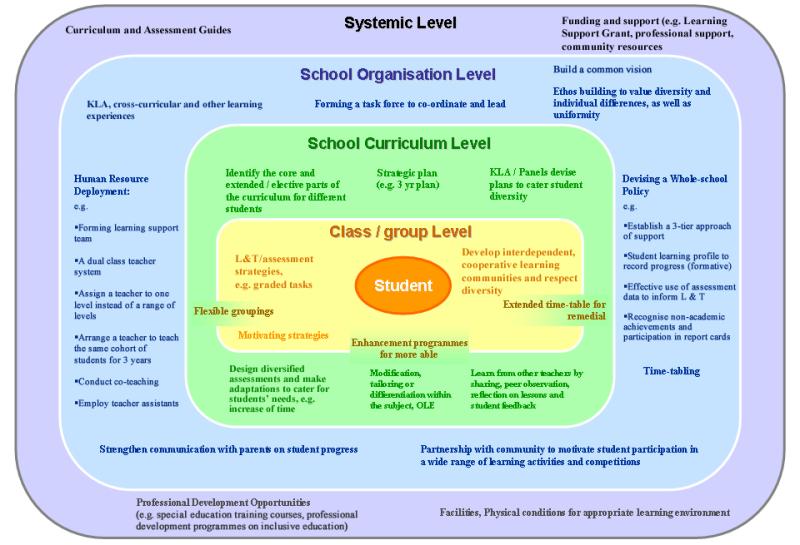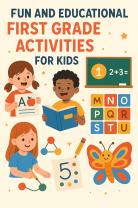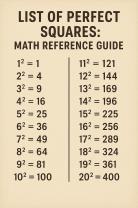How to choose the best Sunday school curriculum?
Choosing the best Sunday school curriculum for your church involves careful consideration of various factors. Here's a step-by-step guide to help you make an informed decision:
Define Your Objectives:
- Clearly articulate the goals and objectives of your Sunday school program. Consider what you want students to learn, the values you want to instill, and the overall mission of your church's education ministry.
Understand Your Audience:
- Consider the age groups and developmental stages of your students. Different age groups have different learning needs, so choose a curriculum that is age-appropriate and engaging for your specific audience.
Doctrinal Alignment:
- Ensure that the curriculum aligns with the doctrinal beliefs and theological stance of your church. It should reflect your faith tradition and support the teachings of your denomination.
Research and Review Options:
- Explore available Sunday school curricula. Look for reputable publishers, denominational resources, or curriculum providers. Read reviews, ask for recommendations from other churches, and consider the experiences of educators who have used the curriculum.
Sample Lessons:
- Obtain sample lessons or curriculum materials. Many publishers offer free samples or trial periods. Reviewing sample lessons allows you to assess the content, teaching style, and overall suitability of the curriculum for your context.
Check for Biblical Accuracy:
- Ensure that the curriculum is biblically accurate and presents sound theology. Verify that it provides a comprehensive understanding of the Bible and aligns with your church's teachings.
Assess Teaching Methodology:
- Consider the teaching methodology used in the curriculum. Evaluate whether it aligns with your preferred teaching style and if it encourages interactive and engaging learning experiences.
Teacher Training and Support:
- Check if the curriculum provides resources and training for teachers. Adequate support, including training materials, lesson plans, and guides, contributes to effective teaching.
Evaluate Applicability:
- Assess how well the curriculum helps students apply biblical principles to their daily lives. Look for lessons that promote practical application and encourage a deeper understanding of faith.
Cultural Sensitivity and Inclusivity:
- Consider whether the curriculum is culturally sensitive and inclusive. It should be relevant to the diverse backgrounds and experiences of your students.
Consider Flexibility:
- Evaluate the flexibility of the curriculum. A good curriculum should be adaptable to different teaching environments, class sizes, and schedules.
Cost and Budget:
- Consider the cost of the curriculum and whether it fits within your budget. Factor in any additional costs for materials, resources, or training. Ensure that the overall investment aligns with the value the curriculum provides.
Digital and Multimedia Options:
- Check if the curriculum offers digital or multimedia options. Online resources, videos, and interactive materials can enhance the learning experience and engage tech-savvy students.
Denominational Considerations:
- Determine whether the curriculum is specific to your denomination or if it is interdenominational. Some curricula are designed to accommodate a broad range of Christian traditions.
Seek Input from Stakeholders:
- Involve key stakeholders, including parents, teachers, and church leaders, in the decision-making process. Consider their perspectives and preferences to ensure collective buy-in.
Pray for Guidance:
- Seek spiritual guidance through prayer. Involve your church leadership in the decision-making process, and pray for wisdom in choosing a curriculum that aligns with the spiritual needs of your congregation.
Remember that the best Sunday school curriculum is one that aligns with the unique needs, values, and mission of your church. Take the time to thoroughly evaluate options and involve relevant stakeholders in the decision-making process.
Guiding your lessons: How to choose the best Sunday school curriculum?
Choosing the best Sunday school curriculum is an important decision, as it will have a significant impact on the quality of your teaching and the learning experience of your students. Here are some tips to help you make the best choice:
- Consider your students' needs. What are their ages, interests, and learning styles? What are their spiritual needs? Choose a curriculum that is appropriate for their developmental stage and that will engage them in learning.
- Align the curriculum with your church's teaching philosophy. What is your church's mission and vision for Sunday school? Choose a curriculum that reflects your church's core beliefs and values.
- Evaluate the curriculum's content. Is the curriculum biblically based and accurate? Does it teach the essential truths of the Christian faith? Does it cover a variety of topics, including Bible stories, Christian doctrine, and Christian living?
- Assess the curriculum's teaching methods. Does the curriculum use a variety of teaching methods to keep students engaged and learning? Does it include activities, games, and crafts that are appropriate for the age level of the students?
- Look for a curriculum that is teacher-friendly. Is the curriculum easy to use and understand? Does it provide teachers with the resources and support they need to teach the lessons effectively?
Factors to consider when selecting a curriculum for effective Sunday school teaching
When selecting a Sunday school curriculum, it is important to consider the following factors:
- Theological foundation: The curriculum should be based on a solid theological foundation and reflect the core beliefs of your church.
- Biblical accuracy: The curriculum should be biblically accurate and teach children about the foundational truths of the Christian faith.
- Age-appropriateness: The curriculum should be designed for the age level of the children it is intended for. The lessons should be engaging and relevant to their interests and understanding.
- Teaching methods: The curriculum should use a variety of teaching methods to keep children engaged and learning. This may include storytelling, games, activities, and crafts.
- Teacher support: The curriculum should provide teachers with the support they need to teach the lessons effectively. This may include lesson plans, teaching materials, and professional development opportunities.
Tips for aligning curriculum choices with the needs and preferences of your students
Here are some tips for aligning curriculum choices with the needs and preferences of your students:
- Get to know your students. Talk to them about their interests, their learning styles, and their spiritual needs. This will help you to choose a curriculum that is appropriate for their developmental stage and that will engage them in learning.
- Involve your students in the curriculum selection process. Ask them for their input on what they want to learn about. This will help to ensure that the curriculum is relevant and interesting to them.
- Be flexible with your curriculum choices. Don't be afraid to adapt the curriculum to meet the needs of your students. For example, you may need to add or remove lessons, or change the order of the lessons.
- Use a variety of teaching methods. Keep in mind that different students learn in different ways. Use a variety of teaching methods, such as storytelling, games, activities, and crafts, to reach all of your students.
- Be creative. Don't be afraid to get creative with your teaching. Use your own ideas and experiences to make the lessons more engaging and relevant to your students.
By following these tips, you can choose a Sunday school curriculum that is aligned with the needs and preferences of your students and that will help them to learn about God and His love for them.













